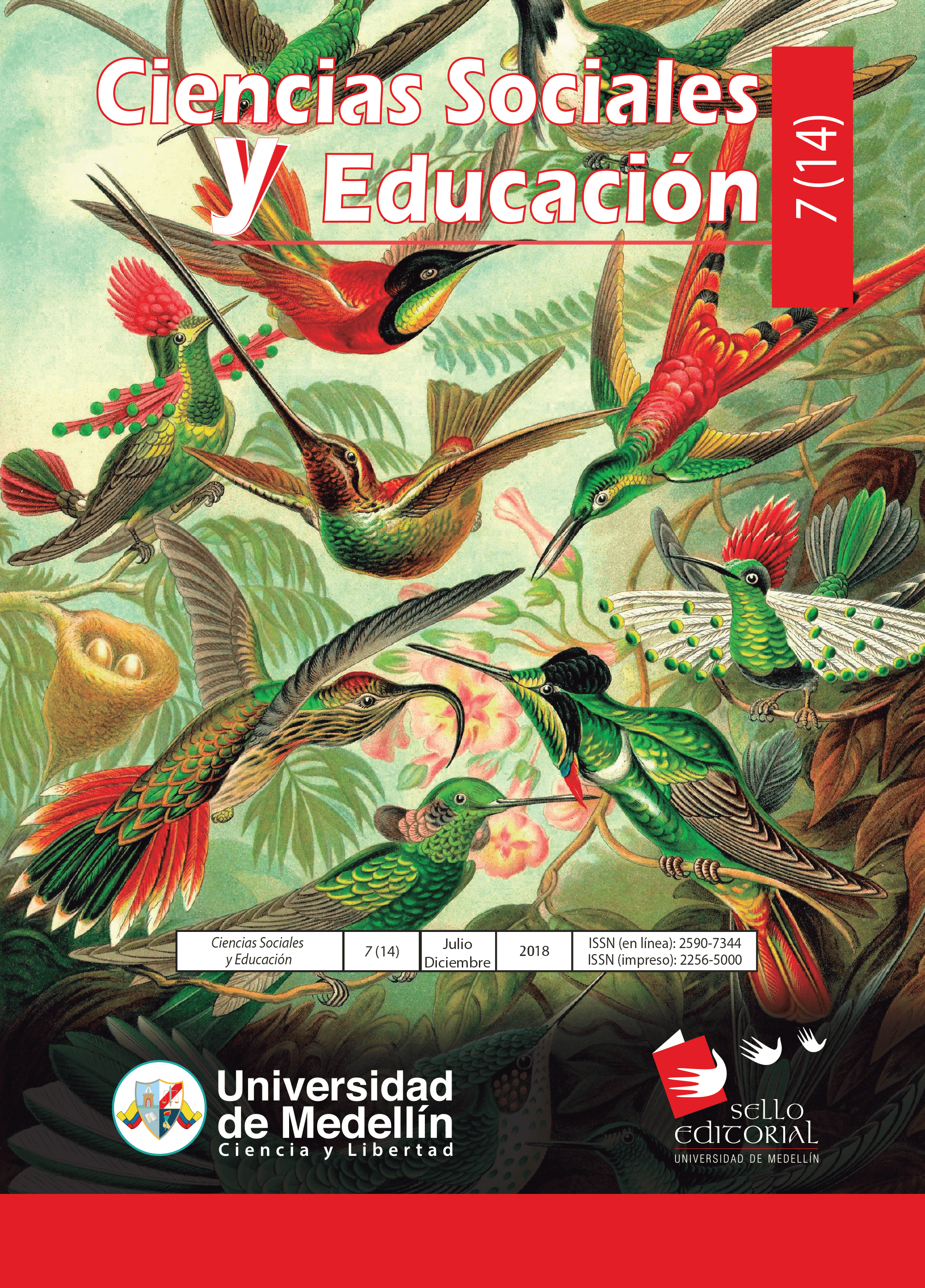The Pragmatic Component: an Essential Element for Contextual Reading
Main Article Content
Abstract
One of the priorities in the final stage of the first school cycle for a primary school in Colombia is that the students might be able to recognize the social function performed by different kinds of the texts they read. For this, the pragmatic component about the use of language in context is included within the language curriculum guidelines, resulting in a learning process not only for scholar life of the child but for its social life as well. The main objective of this research was analyzing how reading is taught from the pragmatic component in the third grade of for schools in Medellin. A qualitative method from a historical and hermeneutical approach was used alongside the case study method where eight teachers were interviewed and observed in its classroom practices. To substantiate this research we supported it with different theoretical references: the pragmatic component referred to the use of language from María Victoria Escandell (1996), the communicative competence from the point of view of Dell Hymes (1984), the social function of reading from Judith Kalman (2003) and the didactical and disciplinary knowledge from Andrés Perafán (2014). Among the most relevant results, we found that the conception the teachers had made them prioritize the grammatical aspects of language and that semantic and syntactic components are preferred over the pragmatic ones. We found that narrative is the predominant type of text among other types and thus preventing the attempt of other ways of looking at context; furthermore, teachers require of disciplinary knowledge and curricular orientation about the pragmatic component.
We can conclude that given that the teacher’s role is subject to scripts and routines, the development of reading classes becomes more schematic and thus it hinders the possibility of widening the didactical perspectives; besides, the assumption made by the teacher of the ministerial orientation doesn’t interplay with scientific knowledge, i.e. pragmatics. In this same fashion, classes must be open spaces where students can put into action the argumentative typologies in the same way they do it in non-scholar contexts, given that it highlights that the classroom is part of the different social contexts in which students interact with each other in their everyday life.
Article Details
References
Colomer, T. (2001). La enseñanza de la literatura como construcción de sentido. Lectura y Vida, Revista Latinoamericana de Lectura, 19.
Escandell, M. (1996). Introducción a la pragmática. Barcelona: Ariel.
Hymes, D. (1984). Hacia etnografías de la educación. En P. Garvin y Y. Lastra. (Eds.), Antología de estudios de etnolingüística y sociolingüística (pp. 48-87). Ciudad de México: Programa Editorial de la Coordinación de Humanidades. Universidad Autónoma de Mexico.
Kalman, J. (2003). El acceso a la cultura escrita: la participación social y la apropiación de conocimientos en eventos cotidianos de lectura y escritura. Revista Mexicana de Investigación Educativa, 8(17), 37-66.
Ministerio de Educación Nacional. (2006). Estándares básicos de competencias. Bogotá: Ministerio de Educación Nacional.
Ministerio de Educación Nacional. (2016). Guía lineamientos para las aplicaciones muestral y censal. Bogotá: Ministerio de Educación Nacional.
Ministerio de Educación Nacional (1998). Lineamientos curriculares. Bogotá: Ministerio de Educación Nacional.
Perafán, G. (2013). La transposición didáctica como estatuto epistemológico fundante de los saberes académicos del profesor. Folios, (37), 83-93. doi: https://doi.org/10.17227/01234870.37folios83.93
Perafán, G. (2014). Aspectos generales y primeros avances para el encuadre de la investigación sobre el conocimiento profesional específico del profesorado. Educación, 23(44) 48-64. Recuperado de http://revistas.pucp.edu.pe/index.php/educacion/article/view/8940
Reyes, G. (1994). La pragmática lingüística: el estudio del uso del lenguaje . Barcelona: Montesinos.
Rodríguez, C., Pozo, T. y Gutiérrez, J. (2006). La triangulación analítica como recurso para la validación de estudios de encuesta recurrentes e investigaciones de réplica en educación superior. Relieve, 12(2), 289-305. Recuperado de http://www.uv.es/RELIEVE/v12n2/RELIEVEv12n2_6.htm





